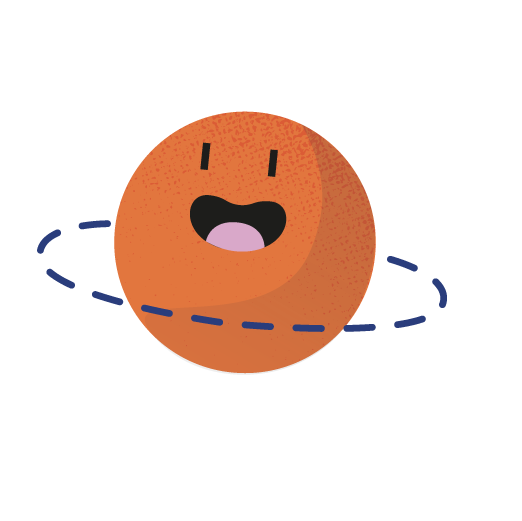TRACCIA AUDIO MOLECOLE
MOLECULES
Atoms can bind and combine following precise rules to form matter, of which they
are fundamental elements. A bit like words forming a sentence, i.e. the molecules of substances.
A molecule is the smallest aggregate of atoms that characterizes a substance and can be represented by a formula. The chemical formula specifies the type and number of atoms that make up the molecule.
Molecules consist of two or more atoms (elements) bonded together.
The size of the molecule varies according to the number of atoms of which it is composed, the smallest molecule being the hydrogen molecule: H2
In molecules, electrons are fundamental, as they can be ‘given’ or ‘bought’ by atoms when they form a molecule, or even be shared between atoms. The molecule thus obtained is more stable than the two isolated atoms, since an attractive force called chemical bonding is triggered between them.
The most important molecule for us is DNA, an organic macromolecule, a polymer consisting of monomers, simple molecules, called nucleotides (deoxyribonucleotides). Underlying DNA, however, is atoms. The atoms in our bodies existed before us and, after us, will be recycled by other organisms.

Did you know that atoms do not stand alone, separate from each other, but bind through special bonds, called chemical bonds, to form molecules?
Molecules are groups of atoms bonded to each other. Molecules formed from atoms that are all the
same are called elements; molecules formed from different atoms are called compounds.


Stay In Touch